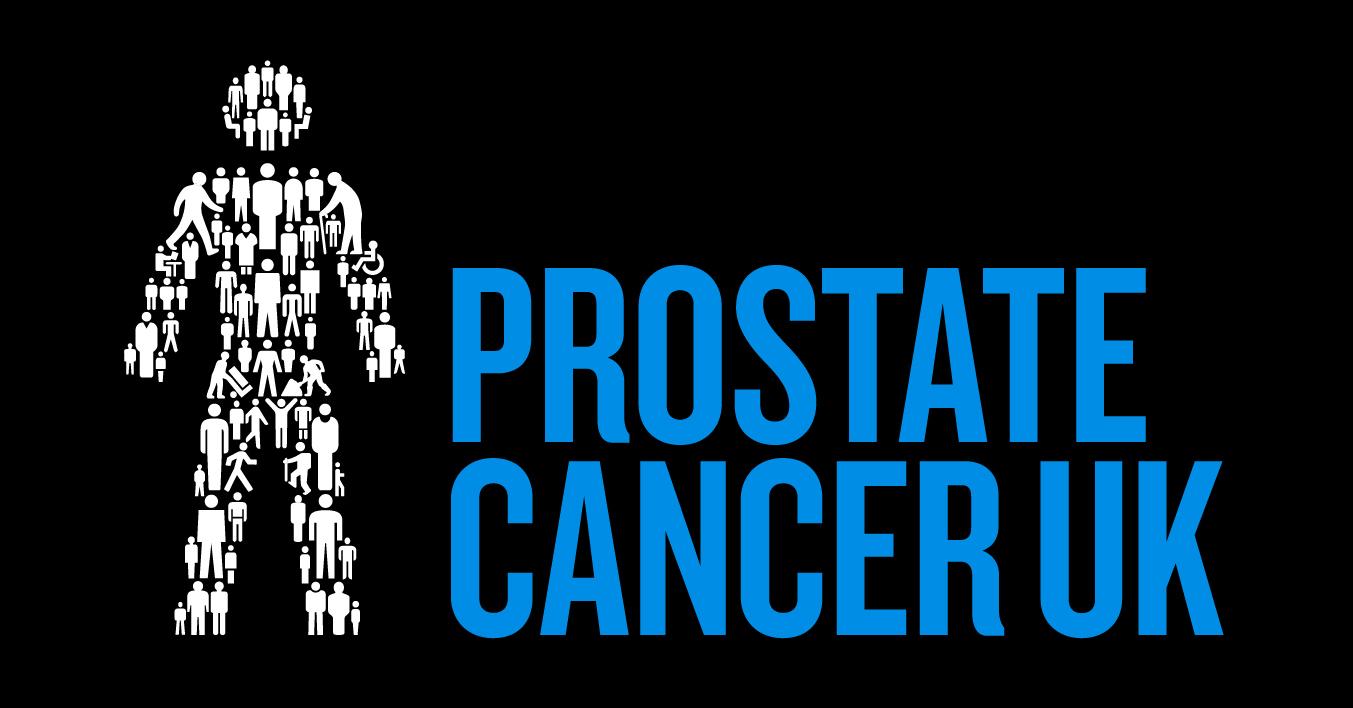Signs & Symptoms
Prostate Cancer UK
Prostate cancer that’s contained inside the prostate (called localised prostate cancer or early prostate cancer) doesn’t usually cause any symptoms. That's why it's important to know about your risk.
But some men might have some urinary problems. These can be mild and happen over many years and may be a sign of a benign prostate problem, rather than prostate cancer.
If you think you might be at risk of prostate cancer or are experiencing any symptoms, visit your GP or speak to our Specialist Nurses.
If you’re not sure about what to say to your GP, print and fill out this form and show it to them. This will help you have the conversation.
For more information on symptoms, click here.
















































































































